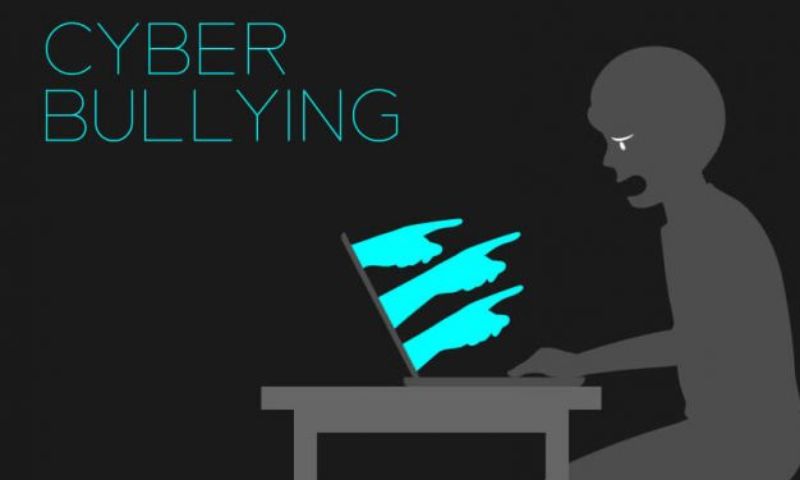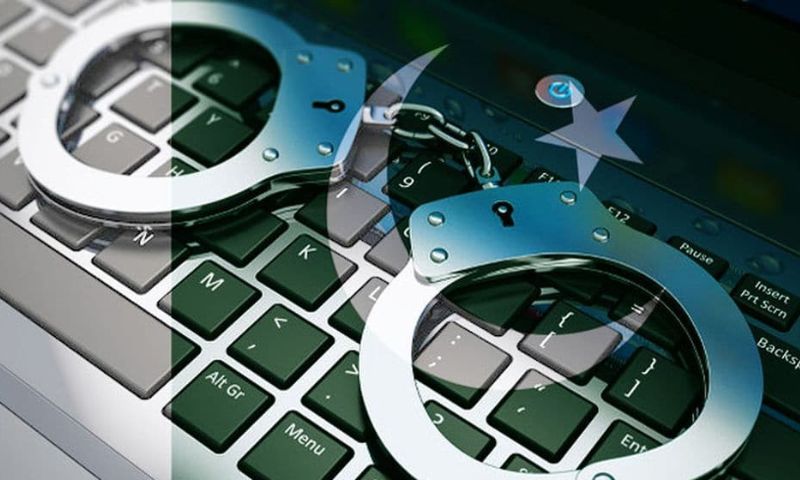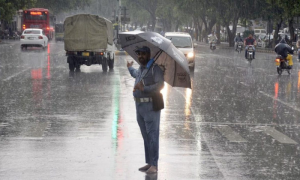Human instinct triggers a ‘fight, flight, or freeze’ reaction when faced with bullying, harassment and abuse. The internet has allowed bullying to metastasize into new, more persistent and sinister forms. Cyberbullying has devastating effects on its victims because it is so challenging to confront the bully. In the worst cases, victims can resort to self-harm and drug use. Many often fall into despondency, living lives of despair.
Cyberbullying is a significant and growing issue, and incidents have escalated considerably due to an increase in online activity following the COVID-19 pandemic. Key statistics for 2024 show that 85% of Indian children have both experienced and committed cyberbullying — more than twice the global average. In the US, 73% of students have been bullied, with 44% reporting facing it in the past month. Meanwhile, 36.7% of female students said they had experienced online abuse at least once. Other countries with significant reporting rates include Belgium (25%), South Africa (26%), Sweden (23%), Canada (20%), Australia (19%), Great Britain (18%), and China (17%), underscoring the pervasive and worldwide impact of this issue.
Cyberbullying impacts all ages and demographics: South Korean singer Goo Hara faced severe online abuse after her ex-boyfriend’s threats. In the UK, former TV presenter Caroline Flack died by suicide after relentless harassment. Similarly, in the US, 15-year-old Thomas Mullaney and in Australia, 14-year-old Amy Everett took their lives after being targeted online. Celebrities like Meghan Markle and Swara Bhasker have highlighted its impacts on mental health, while actress Alia Bhatt and others advocate for children’s protection online.
Several high-profile cases of cyberbullying in Pakistan have drawn our attention. Fatima Aamir endured four years of rape and murder threats from an online stalker before she went public and the authorities arrested the perpetrator. Singer Meesha Shafi faced severe harassment online after speaking up about sexual abuse. Author Bina Shah was targeted in 2014 when someone created a fake Twitter profile using her photos to harass her contacts.
Research reveals that nine out of 10 female journalists in Pakistan have faced cyber harassment, affecting their personal and professional lives. Additionally, 40% of women using the internet in Pakistan have reported experiencing cyber harassment across platforms such as Facebook, WhatsApp, Messenger, Instagram, Twitter, and email. Unlike traditional bullying, cyberbullying thrives on anonymity, providing perpetrators a shield that makes their actions difficult to trace, thus enabling ongoing abuse.
From 2018 to March 2024, female harassment cases reported under Pakistan’s Prevention of Electronic Crimes Act 2016 show a clear upward trend. A total of 27,867 complaints were lodged, leading to 8,808 enquiries and 1,717 official cases. Authorities arrested 1,689 individuals and charged 1,174, resulting in 67 convictions. Between January 2021 and 2023, 312 FIRs were filed for child pornography cases, including 150 local complaints and 184 reports from foreign sources. These led to 225 arrests, 23 convictions, and 31 acquittals. While complaints and arrests have risen sharply, the number of convictions remains relatively low, enunciate the challenges in securing judicial outcomes for harassment cases.
Overall, in 2023 134,669 online harassment complaints were registered in Pakistan. There were some stark gender disparities. Men filed 108,667 complaints, while women reported 25,998 incidents. Only four complaints were registered by transgender individuals. These trends, compared to the actual prevalence of crimes against women and transgender individuals, suggest considerable underreporting.
Many countries are now combating cyberbullying through a coordinated approach that covers detection, prevention, victim support, and legal action. Advanced AI models like XLNet and deep Bi-LSTM have helped identify and curb cyberbullying, with hybrid models enhancing detection by combining autoregressive and autoencoding techniques. On the preventive side, brands like Apple and Nike have supported anti-bullying initiatives, advocating for open parent-child communication and responsible internet use. Victim support strategies, such as helping them save evidence, block bullies and seek help from trusted friends, family, or counsellors, can prove useful.
Legal frameworks like Pakistan’s PECA have criminalized cyberbullying, while the government has recently established a new, independent cybercrime authority, the National Cyber Crime Investigation Agency, after earlier delegating the responsibility to the FIA. Despite these efforts, stronger laws and proactive measures by social media companies are still needed to prevent and penalize online harassment.
Bullies must not go unpunished; proper prosecution is essential. Like all crimes, cybercrime is often underreported due to mistrust and the nature of the abuse. Law enforcement must enhance its capabilities with increased awareness, better-trained officers, and the use of AI and modern technology. Alongside the relevant investigating agency, local police, civil society, and administration must also take charge. Staying informed and vigilant about online safety can protect vulnerable minds. Establishing dedicated desks to maintain the confidentiality of complaints and encouraging victims to come forward is crucial.
It is heartening to see that the students at the university where I teach recognize cyberbullying for what it truly is: a cowardly act. They’re prepared to expose it and challenge it head-on. It would be another thing if law enforcers could also act swiftly and decisively, aiding victims with urgency, empathy, and a commitment to holding perpetrators accountable. The abuse must be addressed, or we will just end up with a new crop of emboldened bullies.
Kids YouTube star Ms. Rachel is the latest to be bullied after launching a fundraiser for children in Gaza, Sudan, and Ukraine. Kundos! As despite the backlash, her dedication remains strong.


























